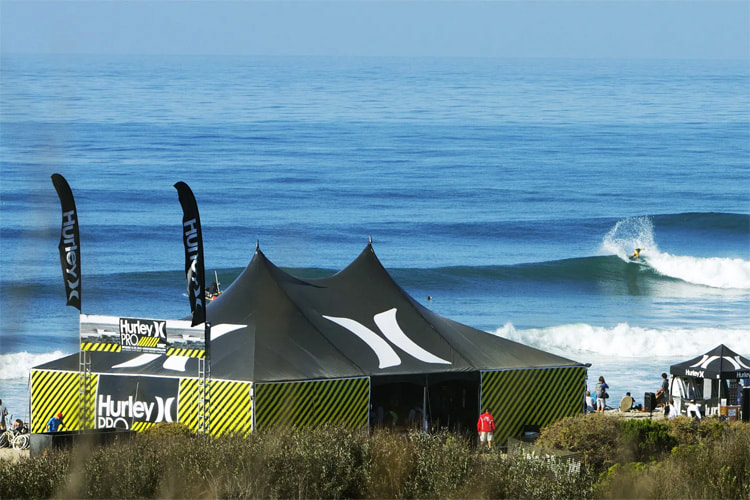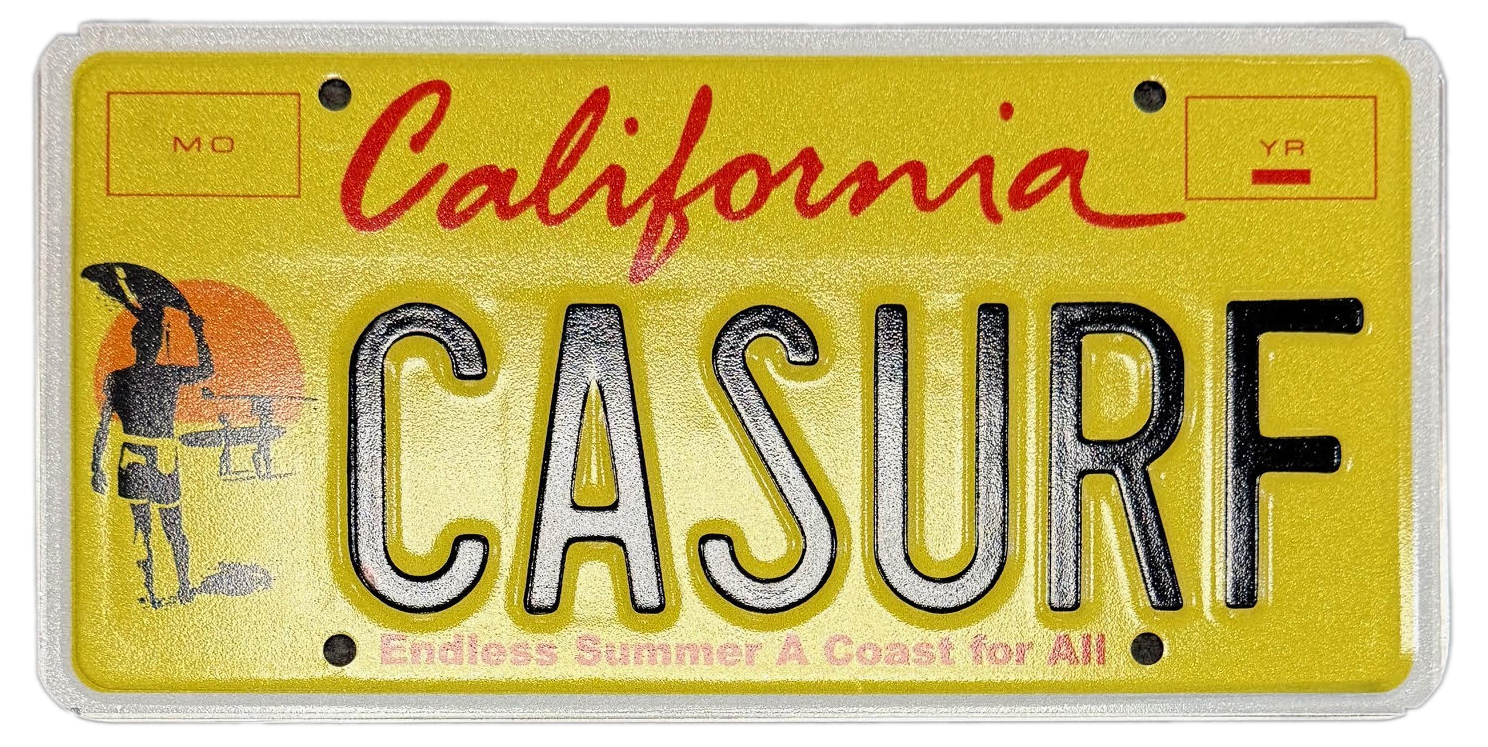|
Surf companies sell exciting, idyllic, and adrenaline-fueled surfing experiences, and they're highly successful doing it. The reason why surfing became a multimillion-dollar sports industry is that brands appeal to consumers' emotions and dreams in a very effective way. Whether inviting you to "stay high" or "live the search," corporate surfing makes you believe "life's better in boardshorts." And it could be, as long as these giant conglomerates continue selling clothing, footwear, and accessories. With the advent of Olympic surfing and wave pools, the sport of riding waves will likely continue to conquer new markets and segments of the population that have never had contact with surfboards. The surf industry is what it is, and surfing wouldn't be what it is today without the innovations and technologies companies have developed during the sport's first century of existence. Rip Curl, Quiksilver, Billabong, and O'Neill - also known as the Big Four - focus their marketing plans on selling clothing, i.e., t-shirts, jackets, pants, sweatshirts, flannels, hoodies, tanks, and boardshorts. Surf companies focus their operation in three major territories: America, Europe, and Oceania. That's where they get over 90 percent of their annual income. The majority of the world's wetsuits are made in the same place. Taiwan's Sheico Group produces two million wetsuits per year for the planet's most prestigious surf companies. American multinational corporation Nike announced it has reached a definitive agreement to sell Hurley to Bluestar Alliance LLC. Bluestar Alliance is a brand management firm founded by Joseph Gabbay and Ralph Gindi in 2006. It owns, manages, and markets a portfolio of consumer brands including Bebe, Brookstone, Catherine Malandrino, English Laundry, Joan Vass, Kensie, Limited Too, Nanette Lepore, Tahari, and others. In 2019, Bluestar Alliance is expecting combined retail sales of over $3 billion. "We have always admired Hurley. It has maintained its leadership role and premium positioning in the surfing world," noted Joey Gabbay, CEO of Bluestar Alliance. "We look forward to building upon the existing Hurley network and expanding to additional countries. We see the brand continuing to evolve into a 360-degree lifestyle brand, with action sports playing a key role." The terms of the deal between both parties have not been publicly revealed. In 2002, when Nike acquired Hurley, the surf company founded by Bob Hurley had annual sales of $70 million. Last year, Kathmandu announced the acquisition of Rip Curl, the New Zealand-based retailer took over the iconic Australian surf brand for A$350 million ($236 million). Rip Curl was founded in 1969 by Brian Singer and Doug Warbrick, in Torquay. The company has been in the hands of the duo ever since. Kathmandu aims to give birth to a "global outdoor and actions sports company" with annual revenues of NZ$1 billion ($626 million).
Although well known in Australia and New Zealand, the Kiwi camping gear brand hopes to take advantage of the synergies to conquer the European and North American markets. Kathmandu acquired 100 percent of Rip Curl Group Pty Limited.
0 Comments
Leave a Reply. |
blogArchives
May 2025
Categories
All
|
Funding from this plate will be directed to programs that promote coastal access, make coastal lands welcoming to all, and increase opportunities for coastal enjoyment.





